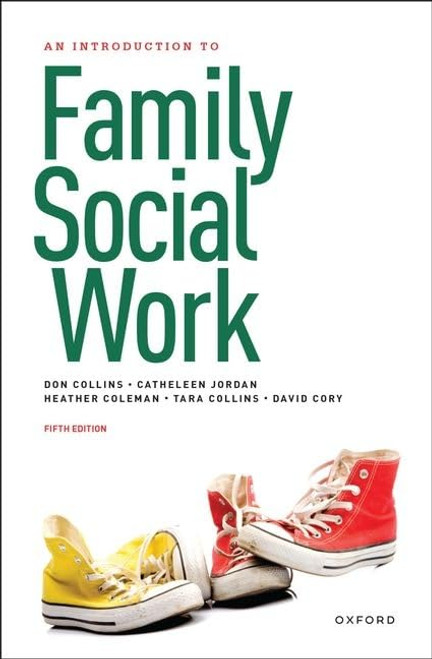After many decades of focus on the individual as the unit of attention, social workers in almost every field of practice are returning to the profession's original emphasis on serving families and on understanding and helping individuals in the context of their families.
Family-oriented social workers have been drawing upon the burgeoning family therapy field for theory, models, and tools for practice, but until now, there has been no comprehensive integration of this rich and diverse body of knowledge into the social work literature. This important book presents an ecological systems model of practice that places the family at the center of concern, and integrates and applies theory and technique from many sources. Family-Centered Social Work Practice offers a practical how to approach to family therapy that practitioners may apply in many different settings. And it illustrates the processes of family-centered practice with numerous case examples from the authors' own work.
In Part I, Hartman and Laird discuss the emerging family focus in social work practice, analyze the current state of the American family, and examine the context of social policies and programs that surround family practice. They then lay the conceptual groundwork of their model, drawing from general systems theory for organizing principles and using the science of ecology as a metaphor for practice. Finally, the most relevant theories of family therapy are reviewed and analyzed.
Part II focuses on getting started -- the processes of engagement, contracting, and interviewing that take place between family clients and social workers. The authors examine the agency setting, case management issues, and other contextual elements that facilitate or hinder a family-centered approach.
In Part III, the authors turn to the heart of family practice: assessment and intervention strategies. Three approaches are defined: viewing the family within its social environment, or ecologically; viewing the family in its historical context, or intergenerationally; and viewing the family as the basic unit, or as an inner system. These distinctions, though not discrete in practice, offer valuable handles on a complex reality.
A final chapter synthesizes the various, approaches and demonstrates the authors family-centered model at work, applied to the fields of health care and work with the aging.
Family-Centered Social Work Practice would be valuable if only for its unusually comprehensive integration of concepts, theories, and techniques relevant to family practice. But it does more: it offers social workers concrete procedures for translating these ideas into a coherent plan of action, aided by such useful devices as ecomaps, genograms, family mapping, and a complete family assessment outline.
This is a book that not only allows practitioners to think about individuals and families in new ways, but to utilize that knowledge wherever social worker and family engage in the process of change.










